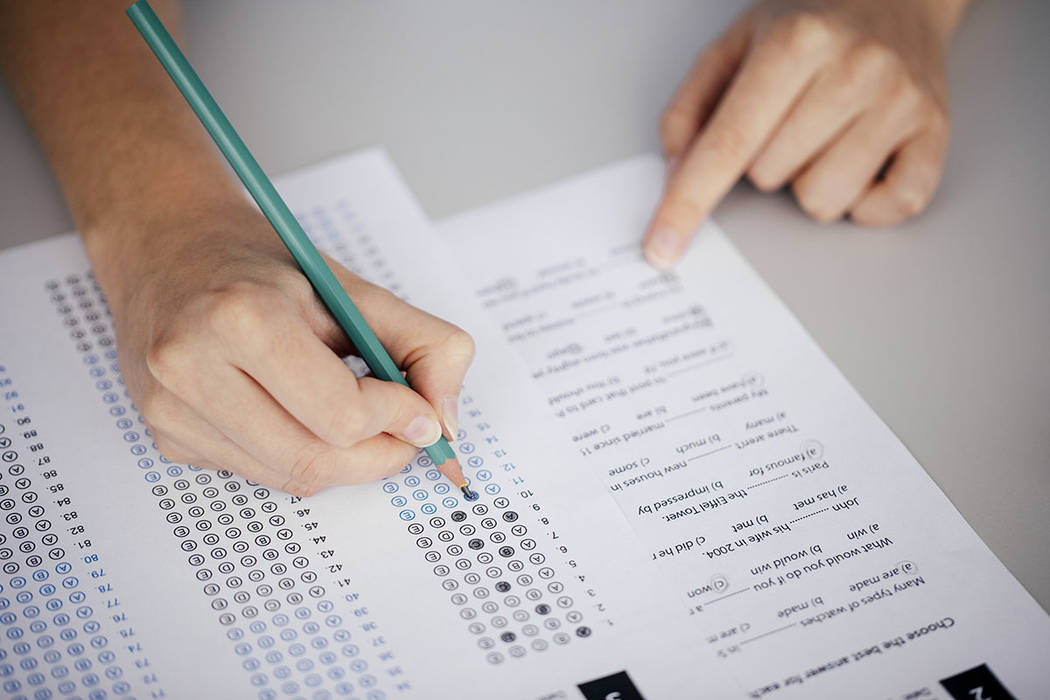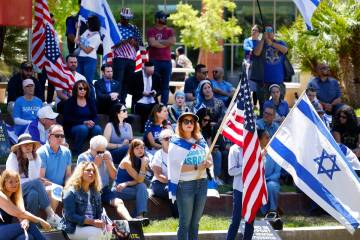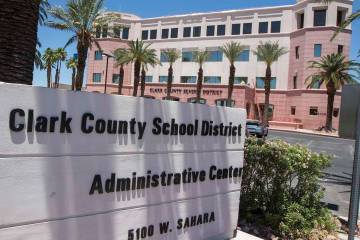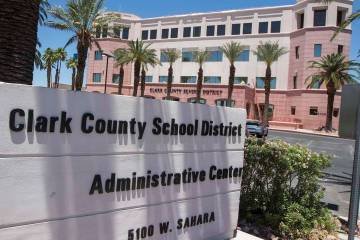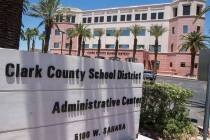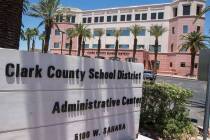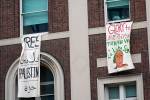Nevada schools see progress on AP scores, but hurdles remain
The number of Nevada public school students who are adequately prepared for college is up slightly, according to the latest release of the state’s Advanced Placement scores.
Of the 20,505 public school students who took an exam in 2018, 10,922 scored a 3 or higher — a passing score that qualifies students for college credit or placement.
That’s a 3 percent increase from last year, according to College Board data provided to the state Department of Education.
That jump comes amid broader participation in the AP program, which can provide college credit to high school students who take the advanced courses.
For example, participation in the AP Computer Science Principles course statewide grew 127 percent from last year — including among female and Latino students. The majority of students who took that exam, 59 percent, scored a 3 or higher.
The results come as both the state department and the Clark County School District push for more minority students to participate in the challenging courses. The state has also focused on increasing participation in computer science.
“We celebrate the great strides we have made in growing our inclusion for computer science participation with our traditionally underrepresented students and the high pass rates achieved in AP (Computer Science Principles),” Cindi Chang, the state’s programs professional for computer science, said in a statement. “But we also recognize the continued efforts needed to bring computer science education to all students statewide.”
Some improvement
In the Clark County School District, the passage rate for African-American, Latino and low-income students inched upward.
That includes a 2.8 percent increase for black students, a 1.6 percent rate for Latinos and a 2.7 percent increase for low-income students, according to Mike Barton, the district’s chief college, career and equity officer. The rate is calculated by the total number of passing exams divided by the total number of exams taken in that subgroup.
Barton also acknowledged that the district still has work to do in the area.
“That’s a positive story, but I still question, do we have everyone who has the potential to be successful in those classes?” he said.
Nevada’s previous Advanced Placement strides were highlighted in a February report, which found that the state had the largest three- and five-year percentage increase of public school graduates earning a 3 or higher on an exam.
The Silver State’s graduating class of 2017 also beat the nation in the percentage scoring a 3 or higher.
Different view of data
That’s the good news. But there are other ways of slicing that data that don’t produce such rosy results.
Students often take more than one AP exam during high school, for example.
And data on the College Board website for all exams taken by Nevada students showed little improvement over the past three years — with the mean score barely budging from 2.58 in 2016 to 2.59 in 2018. That data can vary slightly from the numbers provided to the state, since it was captured at a different time.
Meanwhile, the percentage of exams scored at 3 or higher edged up from 48.2 to 48.8 percent.
Lloyd Shin, executive director of the AP program for the College Board, said both metrics — the number of students in one cohort who earn at least one qualifying score vs. the number of passing exams overall — can be used to measure growth.
The cohort metric reflects whether an increasing percentage of students are taking AP, he said.
“Mean scores holding steady over time while the AP student population expands and diversifies is a significant accomplishment, and something we are seeing at the national level,” he said.
Contact Amelia Pak-Harvey at apak-harvey@reviewjournal.com or 702-383-4630. Follow @AmeliaPakHarvey on Twitter.



